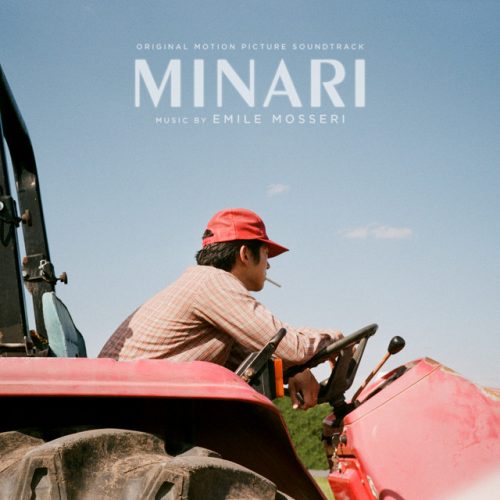Minari has three central conflicts:
- The conflict between the father and mother characters; the father who cares deeply about his farm, which symbolizes the American Dream in its possible success and way out of menial chicken sexing, and the mother who cares deeply about her children.
- The conflict between the grandchildren – specifically the grandson – and the grandmother whom he does not understand, and so criticizes her as “not a real grandma” citing her inability to bake as “proof,” which is a direct result of:
- The conflict between a family of South Koreans trying to make a home in rural America.
But the film also approaches each of these conflicts with the same tenderness, and so “Rain Song” – whose close hum of the acoustic guitar opens the film – must be tender too. And it is. Han Ye-ri’s voice is delicate, floating gently over Emile Mosseri’s arrangements; an American-Korean collaboration that’s all-too fitting for a film about South Koreans immigrants in America.
If there is anything to criticize, it’s that “Rain Song” doesn’t have a connection to the film otherwise. There’s barely any rain in the film, except during an early tornado sequence, and so a song that dwells about it – “노래를 부르네 / 겨울이 가는 사이” (“waiting for the rain / let it fall on your eyes”) – doesn’t connect as much as it should. Of course, it’s possible that the “rain” in “Rain Song” is a metaphor, that “waiting for the rain” is “waiting for resolution,” but Mosseri introduces a synth that’s clearly meant to symbolize the tenderness of rain.
In sum: even if it doesn’t seem to be totally connected to the film, it’s a lovely song in its own right.







